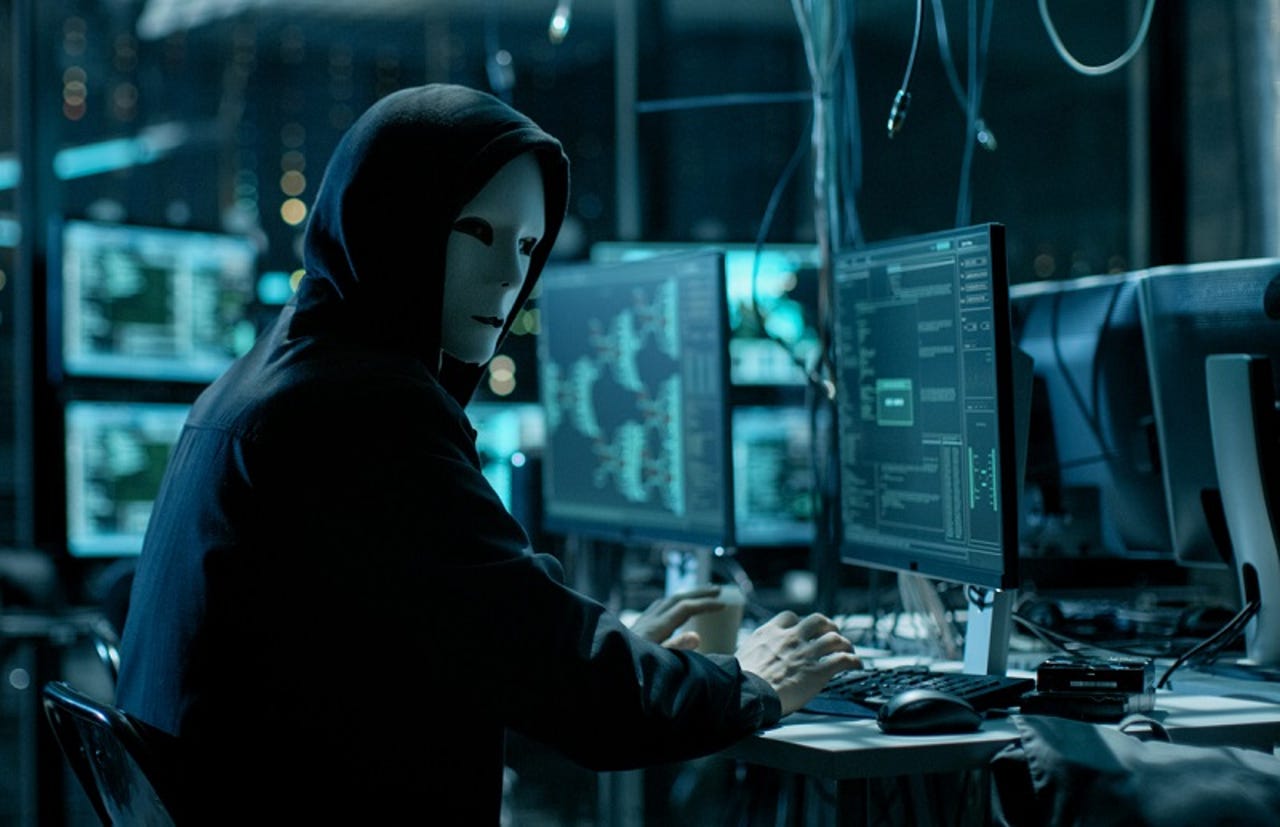The scariest tech of 2017, period, end of sentence


Everything that scared us in 2017
In 2017, some tech trends scared us more than others. This year, these were the ones keeping us up at night... starting with the destruction of identity privacy.
"I continue to be surprised that people haven't realized that identity privacy was destroyed by the Equifax fiasco," says contributing editor Steven J. Vaughan-Nichols. "For years -- decades -- we've used Social Security numbers as a de facto national-identity number. I expect consumer fraud to explode any day now to levels that could wreck the economy."
We were scared of lack of consequences, too
"While the smallest segment of this [hacked] information can cause utter chaos in a person's life, there seems to be no real consequences to... lax security resulting in theft," says contributor Charlie Osborne. "That's frightening."
We were scared of drones
"Love 'em, but they're in the hands of amateurs -- including me," CBSi distinguished lecturer David Gerwitz says about drones. "We'll see them drop out of the sky on people, drop payloads, spy, and otherwise cause constant trouble."
Government was scared of drones
We're not along in fearing drones, by the way. They're a national-security concern, too. FBI director Christopher Wray told a US Senate panel that terrorist organizations have used drones to unleash attacks overseas.
"The expectation is it's coming here imminently," Wray said.
You were scared of drones
Oh: And the rest of America is spooked, too. According to a new survey, a drone swarm is the No. 1 technology fear of Americans, topping self-driving cars, self-learning computers, and "robots that teach each other."
We were scared of ransomware
"The WannaCry attack showed how easy it is for ransomware to bring things crashing to a halt, especially with the aid of self-propagating tools like EternalBlue," says senior reporter Danny Palmer.
We were scared of history repeating
Six weeks after WannaCry, the Petya cyberattack struck. "[It] showed that many just hadn't learned lessons from the previous outbreak," Palmer says. "Just imagine the havoc that can be caused if this careless attitude to device security is taken in an ever-more connected world."
We were scared of proximity-based dating features
"I'm really creeped out by proximity-based dating features, like Match.com's Missed Connections," says staff writer Stephanie Condon. "Sounds like a great stalker tool to me."
A 2015 study on dating-app privacy risks urged users to proceed with caution.
We were scared of the digital divide
"I think about [the digital divide] whenever I go to a tech conference in San Francisco, and pass through the tents that line the streets between the Caltrain station and the Moscone Center," our Stephanie Condon says. "I worry about people who will be left out of a more connected society."
We were scared of fake news
"Russia's fake-news machine" stands accused of inserting itself into elections in the United States, France, Germany, and elsewhere. Freelance blogger Jack Schofield fears the "troll invasion" has played a "significant factor in whole countries taking catastrophic political decisions."
Congress was scared of fake news
US Senators investigating Russian meddling don't think "active measures" to incite "chaos" ended on Election Day 2016, and have asserted that "every campaign and every election official" should heed the threat of continued interference.
We were scared of our electrical infrastructure
Make that, our "crappy" electrical infrastructure. That's how CBSi's David Gewirtz puts it when he explains why extreme-weather events, such as hurricanes, have the potential to "blast [us] back to the Stone Age."
We feared face recognition
The biometric technology is at airports, banks and soon, on your iPhone X. The growing use of facial recognition is a concern of our Stephanie Condon.
You feared facial recognition, too
A just-released study confirms Condon is not alone in her fear: 40 percent of surveyed consumers think face-ID programs are "too risky and unknown for them to use right now," CNBC reported.
We were scared of ICOs
"I see a towering disaster in the ICO (Initial Coin Offering) sector," says ZDNet contributor Tom Foremski. "Billions are being invested in technology startups of dubious qualifications and abilities... It's wide open to abuse."
We feared other things about ICOs, too
Per Foremski, an ICO collapse would also hamper legitimate developments in cryptocurrency, and, in turn, hurt the developing world's ability to access small loans and e-commerce.
We feared the smart toaster
As recently noted by senior reporter Danny Palmer, "billions" of Internet of Things (IoT) devices have hit the market, and settled into our homes and offices "with almost no thought put into cybersecurity."
But wait, there's one more chilling thought...
ZDNet UK reviews editor Charles McLellan says he fears IoT cyberattacks could devastate "critical infrastructure in healthcare, energy, transport, manufacturing" and other sectors.